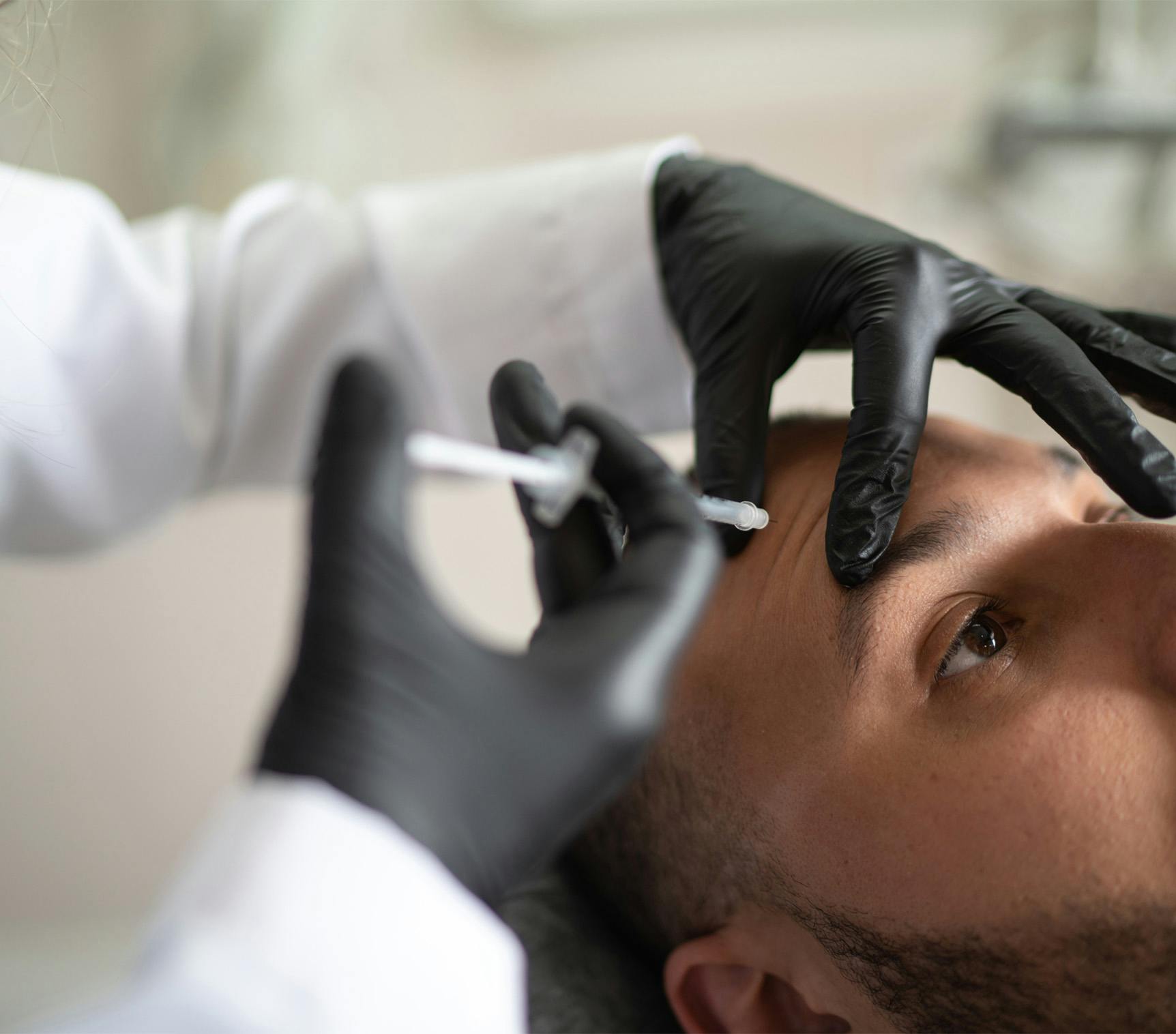Facial palsy, often caused by nerve damage, can lead to a loss of muscle volume and tone on the affected side of the face. This soft tissue redistribution can result in facial asymmetry and functional challenges for patients. Fortunately, there are effective solutions to address these issues, which may include the use of our fillers for Facial Paralysis in Boston.
Why choose the Hadlock Center for Facial Plastic Surgery?
For addressing facial paralysis and related concerns, choosing the right medical team is crucial. Dr. Tessa Hadlock, a renowned facial nerve specialist and professor at Harvard Medical School, leads the Hadlock Center for Facial Plastic Surgery. With extensive experience and expertise in the field, Dr. Hadlock is considered a pioneer in modern facial nerve surgery. She has published hundreds of scientific articles and played a pivotal role in developing facial nerve function and recovery scales, making her a thought leader in her field. Her commitment to patient care and her innovative surgical approaches ensure that you receive the best possible treatment for your facial paralysis concerns.



